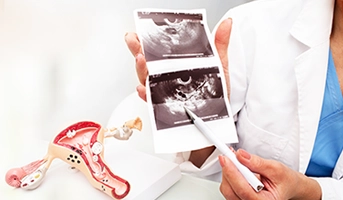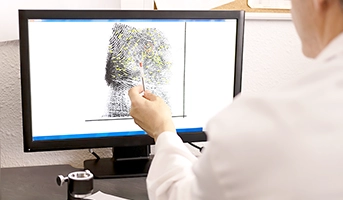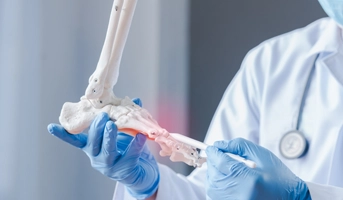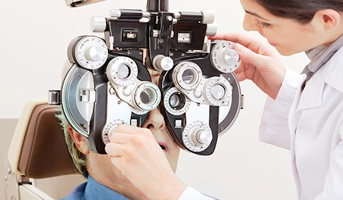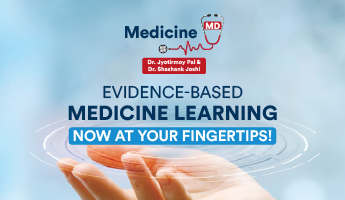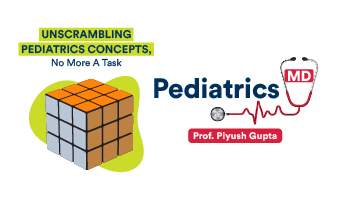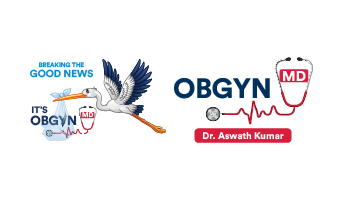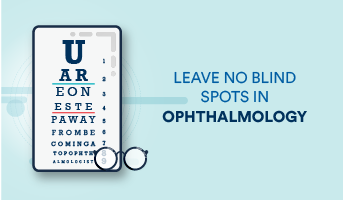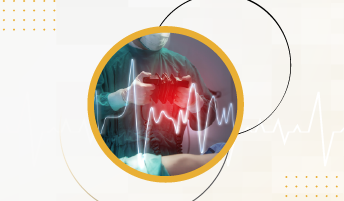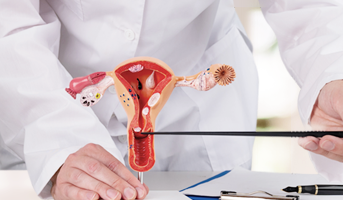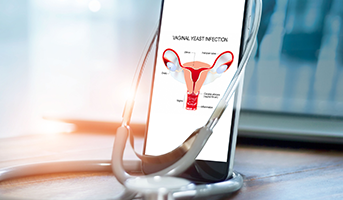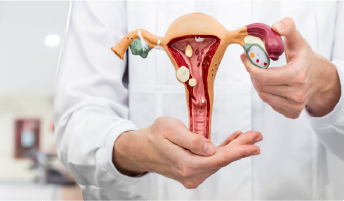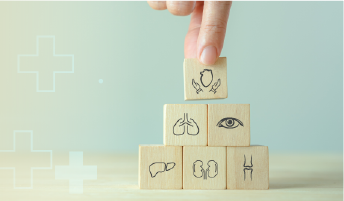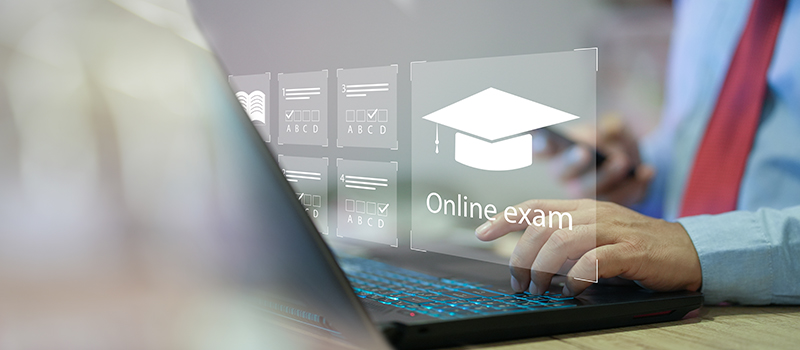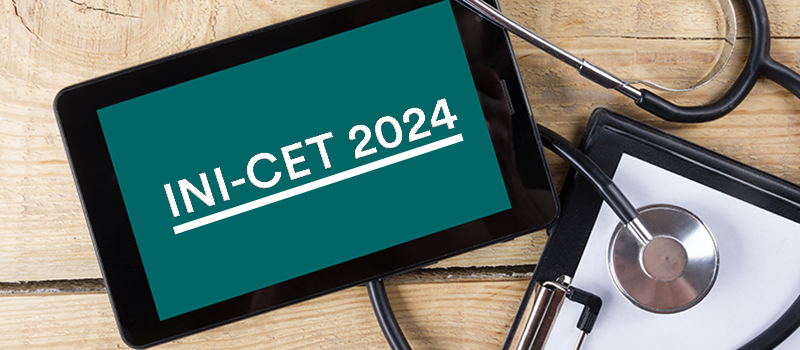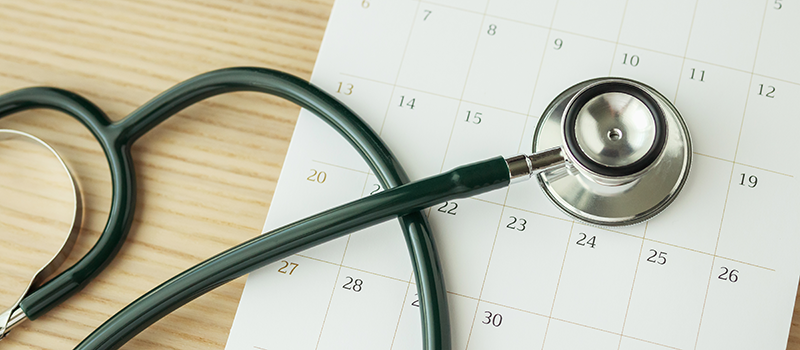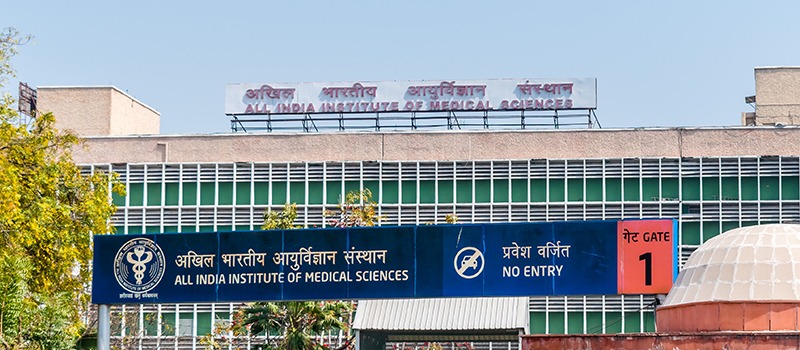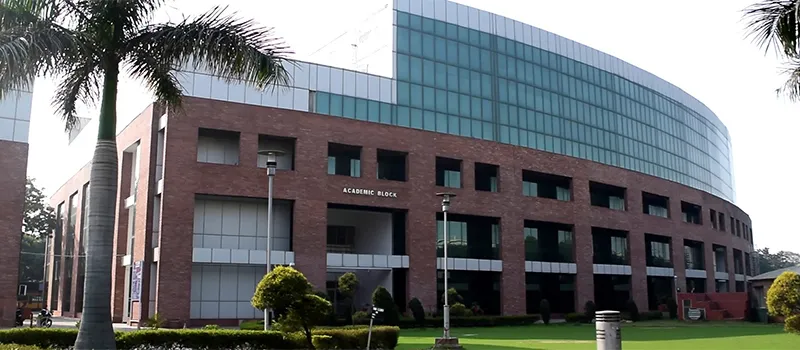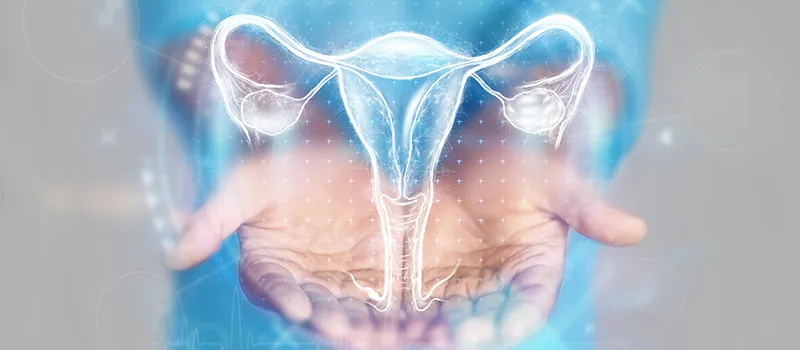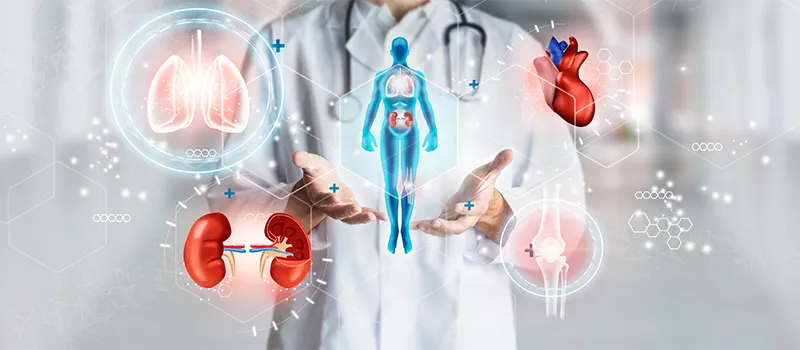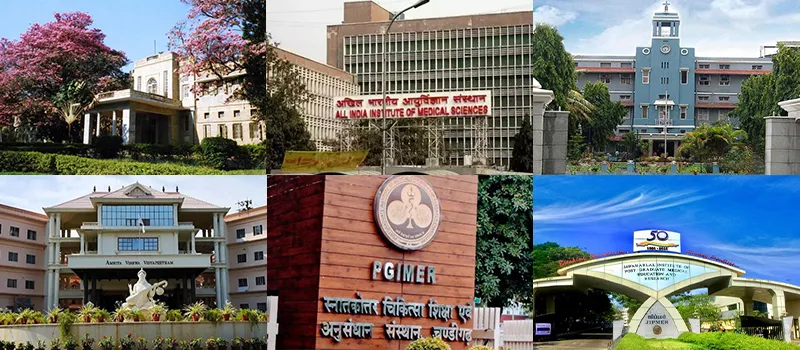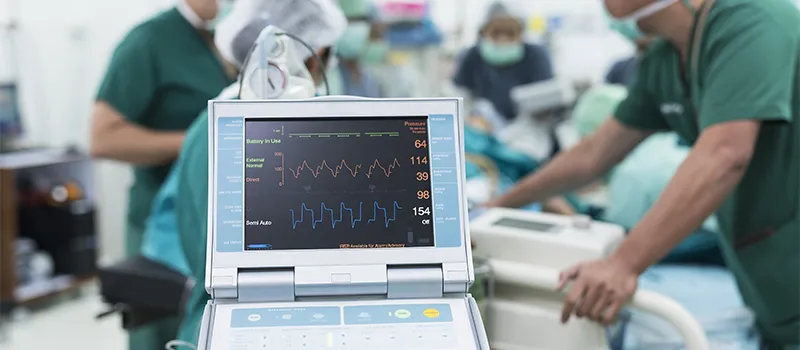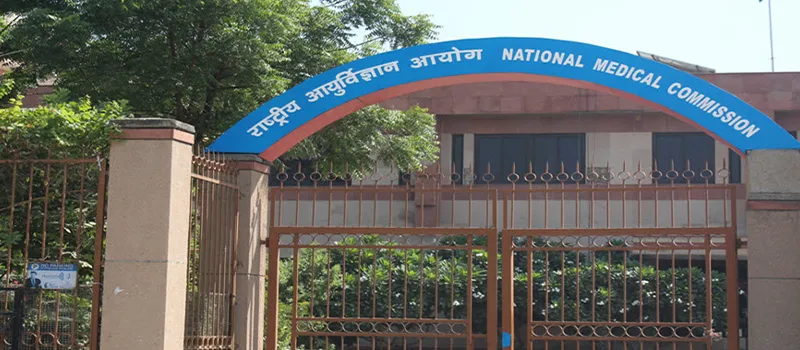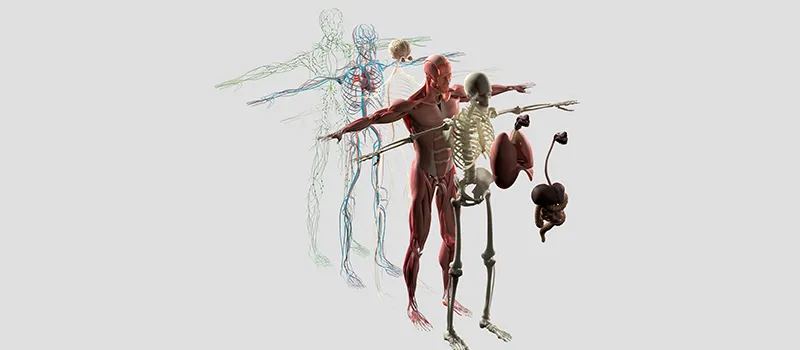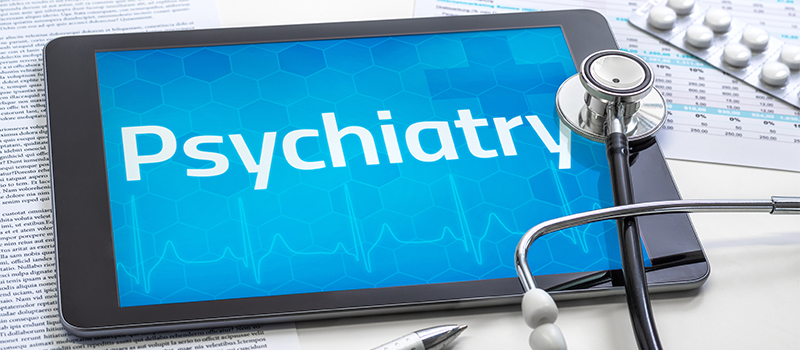

Psychiatry: Important Topics and Preparation Tips
Psychiatry is a specialized medical field that focuses on the diagnosis, treatment, and prevention of mental illnesses along with emotional and behavioral disorders. Studying psychiatry during your MBBS (Bachelor of Medicine, Bachelor of Surgery) can be both challenging and rewarding.
The curriculum of the Psychiatry speciality in MBBS includes Doctor-patient relationship, Mental health, Introduction to psychiatry, Psychotic disorders, Depression, Bipolar disorders, Anxiety and stress-related disorders, Somatoform and Psychosomatic disorders, Personality disorders, Psychiatric disorders and emergencies, Mental retardation, and Therapeutics.
Knowing high-yield topics, subject weightage in competitive exams, and reliable preparation tips maximise your chances of gaining conceptual clarity over a subject and getting good grades.
In NEET-PG, 5-6 questions are asked from the psychiatry subject, and in INI-CET, the subject weightage of the psychiatry subject is around 4-5 questions.
Important Topics of Psychiatry for NEET-PG and INI-CET
Mental Status Examination
Neuropsychiatric Manifestations of Chronic Alcoholism
Antidepressant Drugs
Bipolar Disorder and its Treatment
Substance Abuse and Substance Misuse Disorder
Factitious Disorders and Malingering
Anti-Psychotic Disorders
Acute Dependence
Dissociative Disorders
Delirium
Dementia
Depression and Depressive Disorders
Acute Cocaine Intoxication and Complications
Cannabis Misuse
Sedative Misuse
Phobic Disorders
Delusional Disorder
Capgras and Fregoli Syndrome (including images)
Risk Factors for Suicide
Post Partum Depression
Differential Diagnosis of Panic Disorder
Criterion of Obsessions
Treatment of OCD
PTSD
Stages of Death and Dying
Wernicke’s Korsakoff Syndrome
Alzheimer Disease Neuropathology
Difference between Anorexia Nervosa and Bulimia Nervosa
Stages of Sleep
Narcolepsy
Parasomnias
Management of ADHD
Structural and Topographical Theory of Mind
Defence Mechanisms
Electroconvulsive Therapy
ICD 10, ICD 11, and DSM
Piaget Theory
Basic Terminology in Psychiatry
Organic Amnesic Syndrome
ECT (Electroconvulsive Therapy)
Personality Disorder
Ganser Syndrome
Organic Mental Disorders
Eating Disorders
Sleep Disorders
Sexual Disorders
Schizophrenia Spectrum and Other Psychotic Disorders
Neurotic Stress-Related and Somatoform Disorders
Child Psychiatry
Psychoanalysis
Mental Health Care Act 2017
Must Read: Important Topics of Medicine in MBBS
Must Read: Important Topics of Surgery in MBBS
Tips to Study Psychiatry in MBBS
Studying psychiatry during MBBS can be a rewarding experience, opening doors to a fascinating and impactful field. Here are some tips to help you succeed in studying psychiatry:
Understand the syllabus: Familiarize yourself with the specific topics covered in your MBBS psychiatry curriculum. This will help you prioritize your study efforts and ensure you’re covering all the essential areas.
Grasp the fundamentals: A good understanding of the nervous system and mental processes is crucial for comprehending psychiatric disorders. Ensure a firm grasp of the fundamental medical disciplines, as these lay the groundwork for comprehending mental illnesses.
Practice mental state examination (MSE): Mastering MSE is fundamental for accurately assessing psychiatric patients. Attend clinical postings and practice taking detailed histories, including presenting complaints, past medical history, family history, and psychosocial factors.
Hone your communication skills: In psychiatry, building rapport and communicating with patients successfully are critical skills. Engage in open-ended inquiry, attentive listening, and concise description of diagnosis and available treatments.
Develop clinical skills: Actively seek clinical exposure. Spend time in psychiatric wards and clinics to observe and interact with patients. Practical experience is crucial in psychiatry.
Shadow experienced psychiatrists: Observing experienced professionals can provide invaluable insights into clinical practice. During your rotations, try to observe psychiatrists or seek mentorship opportunities. They can guide you, provide valuable insights, and support your career development.
Utilize effective resources: Read a variety of psychiatric literature, including textbooks, journals, and case studies. This will deepen your understanding of different disorders and treatment modalities.
Use technology: Utilize online resources and technology for self-assessment, e-learning, and staying connected with the latest advancements.
Practice questions: Solving MCQs and mock exams can help you solidify your understanding of key concepts and prepare for future exams.
Case discussions: Participate in case discussions with your peers and seniors. Sharing experiences and perspectives enhances your learning and problem-solving skills.
Embrace a holistic approach: Understanding patients’ perspectives and respecting their cultural backgrounds is essential for providing effective care and sensitive care to a wide range of patients.
Practice self-care: Studying psychiatry can be emotionally demanding. Make sure to prioritize your mental and physical well-being through regular exercise, relaxation techniques, and social support.
Stay curious and engaged: Psychiatry is an ever-evolving discipline, so keep your curiosity and involvement high. To increase your expertise, stay up to date on the most recent research findings and attend conferences, webinars, and workshops.
Stay updated with DSM criteria: Familiarize yourself with the Diagnostic and Statistical Manual of Mental Disorders (DSM) criteria. The DSM is a standard classification of mental disorders and is essential for diagnosis.
Stay open-minded: Keep an open mind and avoid stigmatising attitudes towards mental health. Psychiatry often involves dealing with complex and subjective issues.
Remember that studying psychiatry is not just about acquiring knowledge but also developing the skills and attitudes necessary for compassionate and effective patient care. Balancing theoretical knowledge with practical experience is key to becoming a proficient psychiatrist.
Best Books for Psychiatry
Review of Psychiatry by Praveen Tripathi: It is among the best-selling books on Psychiatry. The latest edition of the book has been updated with DMS criteria, ICD-11, and Mental Health Care Act. This book has been developed keeping in mind the demands of students preparing for different postgraduate entrance examinations and MCI screening tests.
Textbook of Psychiatry by B.K. Puri and I. H. Treasaden: The book is written in a lucid manner and is rich in pedagogic features, such as summary boxes, and clinical cases. It includes many illustrations, self-assessment material, patient management advice, and much more.
Kaplan & Sadock’s Synopsis of Psychiatry: Behavioral Sciences/Clinical Psychiatry by Benjamin James Sadock and Virginia Alcott Sadock: The latest edition of the book is a comprehensive, succinct summary of the entire field of psychiatry and is a favorite among a wide spectrum of medical students and professionals.
Oxford Handbook of Psychiatry by David Semple and Roger Symth: The latest edition of the book covers almost all major psychiatric conditions and sub-specialities along with comprehensive and practical guidelines. It further includes psychiatric assessment, psychopathology, evidence-based practice, DSM-IV index, ICD, and much more.
Must Read: Best books for MBBS 4th year
Frequently Asked Questions (FAQs):
Q1. What is the subject weightage of psychiatry in NEET-PG?
Ans. Psychiatry is a specialized medical field that focuses on the diagnosis, treatment, and prevention of mental illnesses along with emotional and behavioral disorders. In NEET-PG, 5-6 questions are asked from the psychiatry subject.
Q2. What is the subject weightage of psychiatry in INI-CET?
Ans. Psychiatry is a medical speciality that deals with the diagnosis, treatment, and prevention of mental illnesses along with emotional and behavioral disorders. In INI-CET, the subject-weightage of psychiatry subject is around 4-5 questions.
Q3. What are the important topics in psychiatry in MBBS?
Ans. The important topics in psychiatry in MBBS include mental status examination, antidepressant drugs, bipolar disorder and its treatment, substance abuse and substance misuse disorder, schizophrenia spectrum and other psychotic disorders, delirium, dementia, depression, phobic disorders, suicide, panic disorder, treatment of OCD, PTSD, wernicke’s korsakoff syndrome, stages of sleep, management of ADHD, ICD, and DSM criteria, ECT, sleep disorders, somatoform disorders and mental health care act.
Q4. How to prepare psychiatry for NEET-PG?
Ans. Here are some tips to prepare for psychiatry subject for NEET-PG:
- Understand the syllabus
- Grasp the fundamentals
- Practice mental state examination (MSE)
- Develop clinical skills
- Utilize effective resources
- Enroll in e-learning platforms
- Practice questions
- Case discussions
- Stay updated with DSM criteria
- Manage time efficiently
Related post
Related Courses
Cosmetic Botulinum Toxin Simplified
Dr Rasya Dixit , Dr Urmila Nischal , Dr K. C Nisch...
Critical Care Simplified
Dr Yatin Mehta , Dr Subhal Dixit , Dr Kapil G. Zir...
Advance Course in Ultrasound and Infertility
Dr Sonal Panchal , Dr Chaitanya Nagori
Ganga Videos on Spine Surgery
Prof Rajasekaran Shanmuganathan , Dr Ajoy Prasad S...
Pathology for UnderGrads
Prof Harsh Mohan , Prof Ramadas Nayak , Dr Debasis...
Microbiology for UnderGrads
Dr Apurba S Sastry , Dr Sandhya Bhat , Dr Deepashr...


